Our Process & Commitment to Quality
At Maisie Jane’s, we believe that how food is grown, sourced, and processed makes all the difference. That’s why we take pride in offering products that reflect our deep commitment to health, safety, and quality—from the moment a seed is planted to the final product on your table.
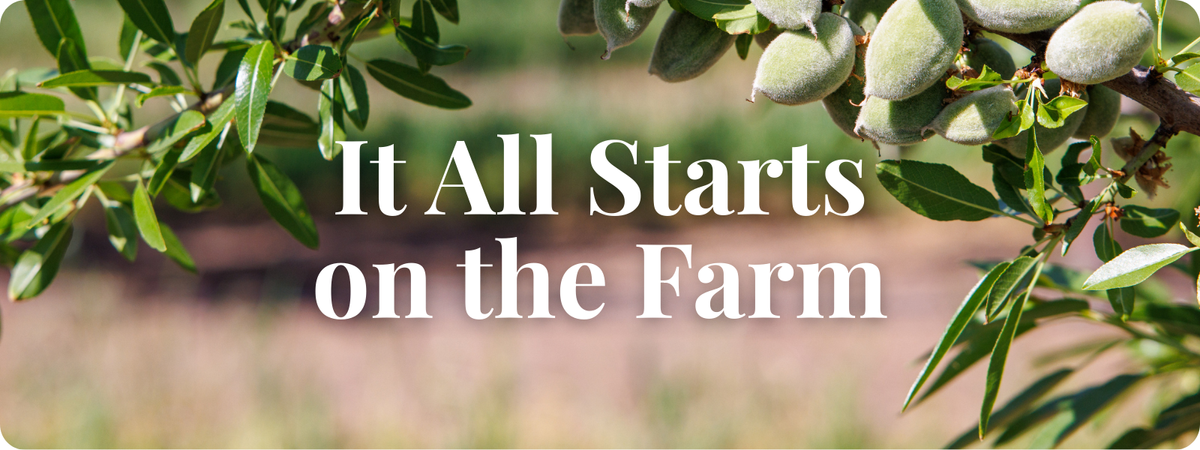
We’re proud to grow our almonds on our family-owned orchards in Northern California, using thoughtful, sustainable practices that protect our environment and support local agriculture.
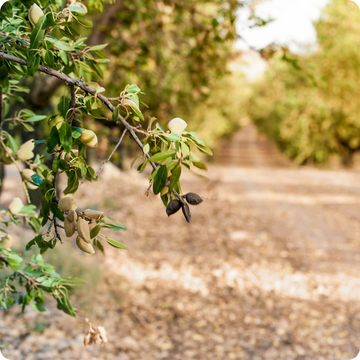
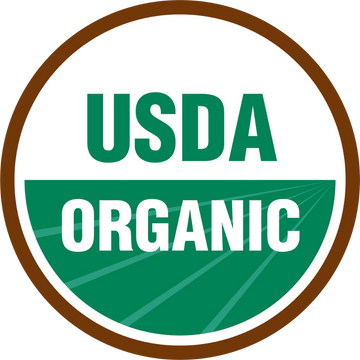
USDA Organic Certified
We go the extra mile to deliver clean, high-quality ingredients—starting at the source. That’s why many of our products are USDA Organic Certified, grown without synthetic pesticides, herbicides, or fertilizers.
We use organic practices that support soil health, biodiversity, and sustainability. And with certification by CCOF, one of the most trusted organic certifiers, every step is carefully managed and documented.
For us, organic isn’t just a label—it’s a reflection of our values.
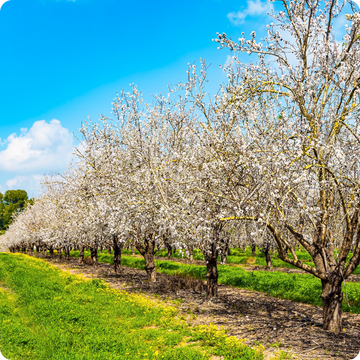
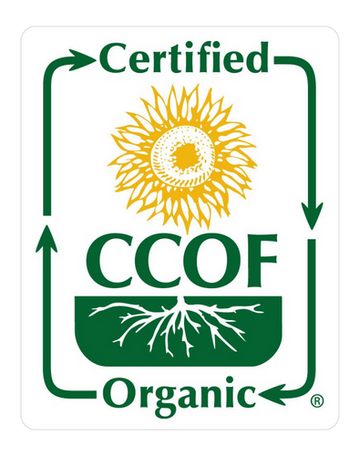
CCOF Organic Certification
At Maisie Jane’s, doing things the right way is part of who we are. That’s why many of our products are certified organic by California Certified Organic Farmers (CCOF)—one of the most trusted nonprofit certifiers in the country.
In partnership with the USDA Organic Program, CCOF ensures our practices meet strict standards for sustainability, transparency, and traceability. From orchard to shelf, this certification means our organic nuts are:
- Grown without synthetic chemicals
- Never genetically modified
- Handled with care every step of the way
When you see the CCOF seal, you can trust that your food was made with integrity.
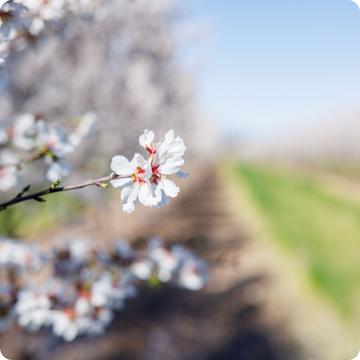
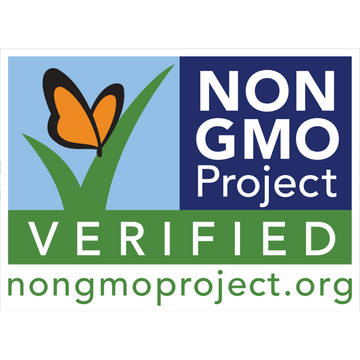
Non-GMO by Nature
Almonds are naturally a non-GMO crop—and at Maisie Jane’s, we make sure they stay that way.
We use traditional farming methods, never genetic engineering or synthetic manipulation, to grow our almonds just as nature intended. That means no gene-splicing, no lab-altered seeds, and no surprises in your food.
From Our Fields to Our Ingredients
It doesn’t stop at the farm. Every ingredient we source—from seasonings to sweeteners—is reviewed to ensure it’s also free of genetically modified organisms. We work only with trusted vendors and require documentation to back it up.
For us, non-GMO is more than a label—it’s part of our promise to bring you real, recognizable food you can feel good about sharing.
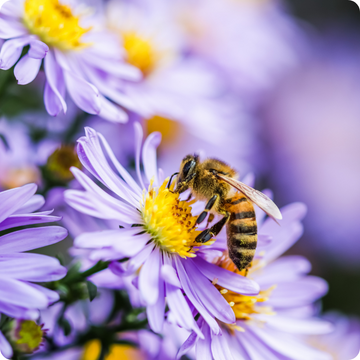

Bee-Friendly Farming, Always
Bees are vital to almond farming—and to our planet. That’s why Maisie Jane’s proudly supports pollinator-friendly practices and partners with organizations like the Xerces Society to restore bee habitats and promote regenerative agriculture.
We never use palm oil, helping prevent deforestation that threatens bee ecosystems. From our orchards to our sourcing standards, we’re committed to Bee-Friendly Farming that protects native pollinators and honeybees alike. When you choose Maisie Jane’s, you’re not just choosing great food—you’re supporting a healthier environment for generations to come.
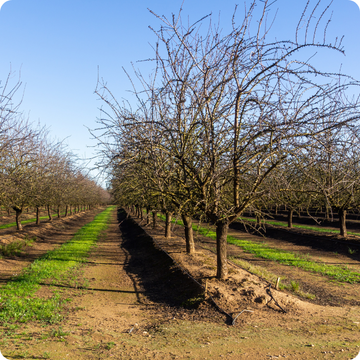
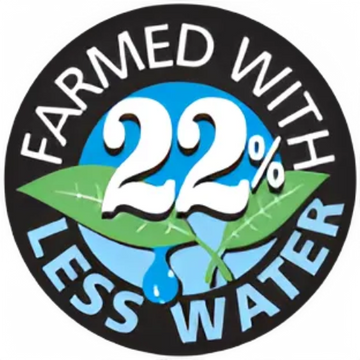
Thoughtful Water Use
In California, water is a precious resource—and we treat it that way.
At Maisie Jane’s, our orchards are managed with conservation in mind. We use efficient irrigation systems and monitor water usage closely to minimize waste and protect long-term soil health.
Smart water use isn’t just good for the environment—it’s essential for growing healthy, resilient trees and producing high-quality almonds. It’s one more way we stay rooted in sustainability, every step of the way.
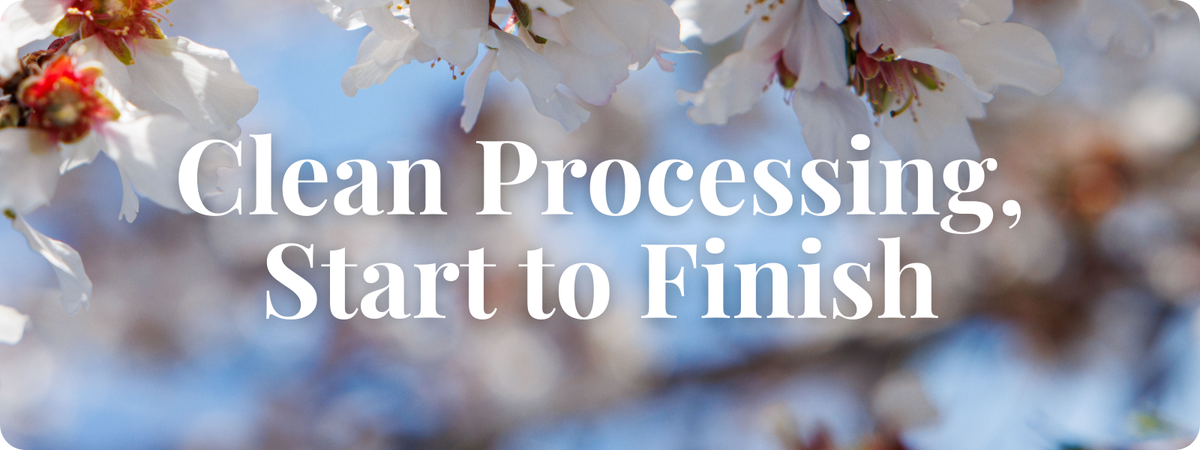
At Maisie Jane’s, how we handle our nuts is just as important as how we grow them. From careful pasteurization to traditional dry roasting, we keep our processes clean, simple, and intentional—so the natural flavor shines through in every bite.
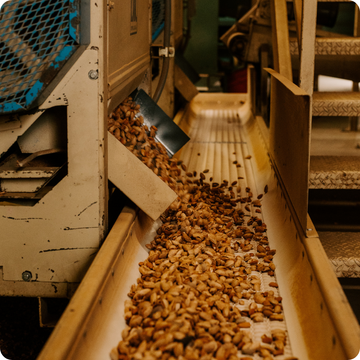
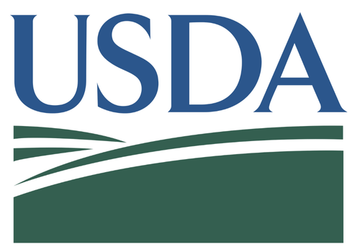
Naturally Pasteurized, Never Fumigated
Since 2007, the USDA has required that all California-grown almonds be pasteurized before sale. But not all pasteurization methods are equal.
We choose steam pasteurization, a clean, non-chemical process that uses heat to ensure food safety—never propylene oxide (PPO), a gas commonly used in fumigation.
This method aligns with our values and preserves flavor, freshness, and sprouting potential—so you get almonds that are safe and still as close to raw as possible.
Dry Roasted, Never Oiled
We proudly dry roast all of our nut products—never using added oils.
At Maisie Jane’s, we stick to time-honored roasting methods using traditional barrel-style fire roasters. This creates a beautifully light, crunchy texture and lets the natural flavor of the almond shine through.
No masking agents. No greasy coating. Just real, clean taste.
Unlike many brands that roast their nuts in canola, sunflower, or safflower oil—often to cover up stale ingredients or extend shelf life—we believe in simplicity.
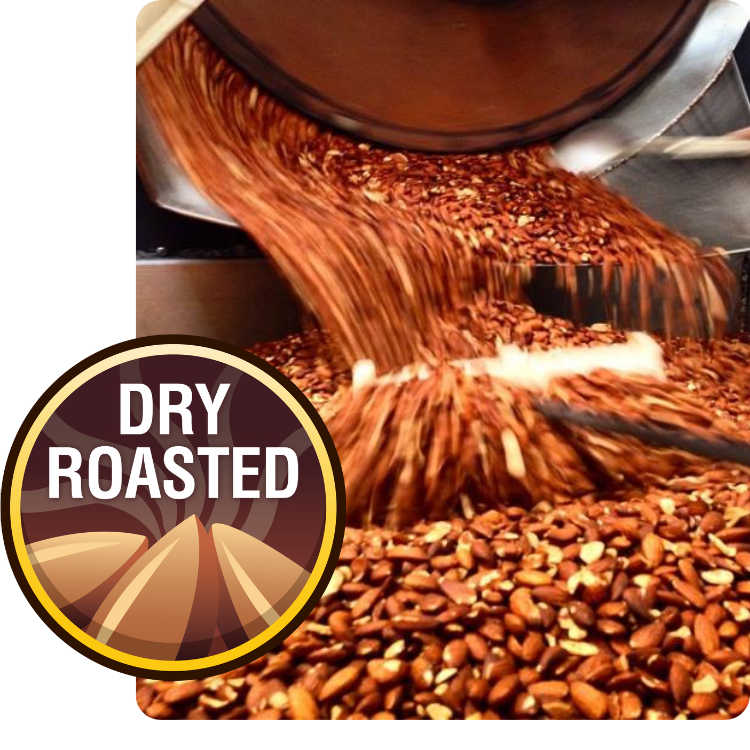
Why Dry Roasting Matters
Oil roasting may be common, but it’s not always clean. Added oils can:
- Mask off-flavors in lower-quality nuts
- Leave a greasy finish
- Introduce unnecessary processing and allergens
By contrast, dry roasting keeps it simple. Our process:
- Enhances natural sweetness and crunch
- Preserves freshness
- Avoids added fat or chemicals
It’s the old-fashioned way—and we think it’s still the best way.
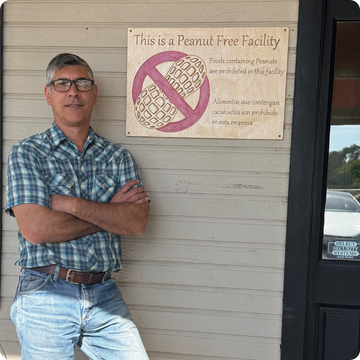
A Peanut Free Facility
Maisie Jane’s is proud to be a dedicated peanut free facility—providing peace of mind for families and individuals with peanut allergies or sensitivities.
We maintain strict allergen control protocols, including dedicated equipment, ingredient sourcing, and sanitation procedures to ensure cross-contact never occurs.
Our almond and cashew products are crafted with care so you can feel confident sharing them with anyone.
Please Note:
All nuts processed in our facility are 100% peanut free. However, some finished products we sell—like chocolate-coated items or confections—are produced in external facilities that may not be peanut free. We always recommend checking individual product packaging and labels for allergen information before purchasing.
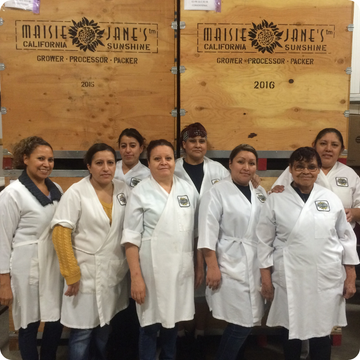

Food Safety You Can Count On
We maintain FSSC 22000 Certification, one of the most rigorous food safety standards in the world. This globally recognized certification covers every stage of our process—from sourcing and roasting to packaging and delivery.
When it comes to your family’s food, we don’t take shortcuts. Ever.
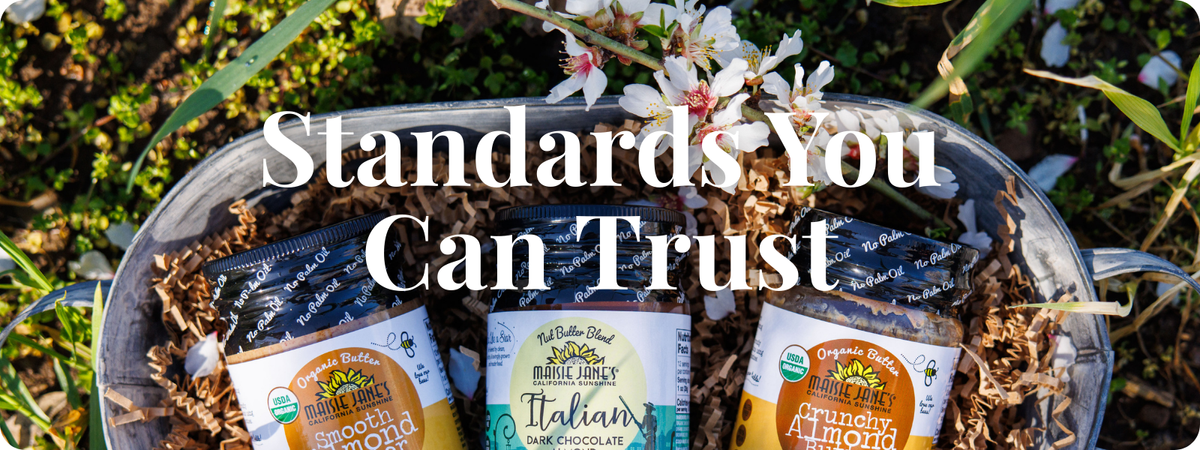
At Maisie Jane’s, we know that what you leave out of your food is just as important as what you put in. That’s why we meet trusted standards like Kosher, Gluten-Free, Vegan, and Palm Oil Free—so you can feel confident about every bite, no matter your dietary needs or lifestyle. Our products are:
Every label you see on our packaging represents a deeper commitment to clean food, responsible sourcing, and respect for your dietary needs.

From Our Family to Yours—With Care
At Maisie Jane’s, every step of our process is rooted in a simple belief: real food should be made with real care. From how we grow and roast our almonds to the certifications we uphold, from how we source our ingredients to how we prepare and package each product, we’re committed to doing things the right way—for your health, your trust, and the planet we all share.

